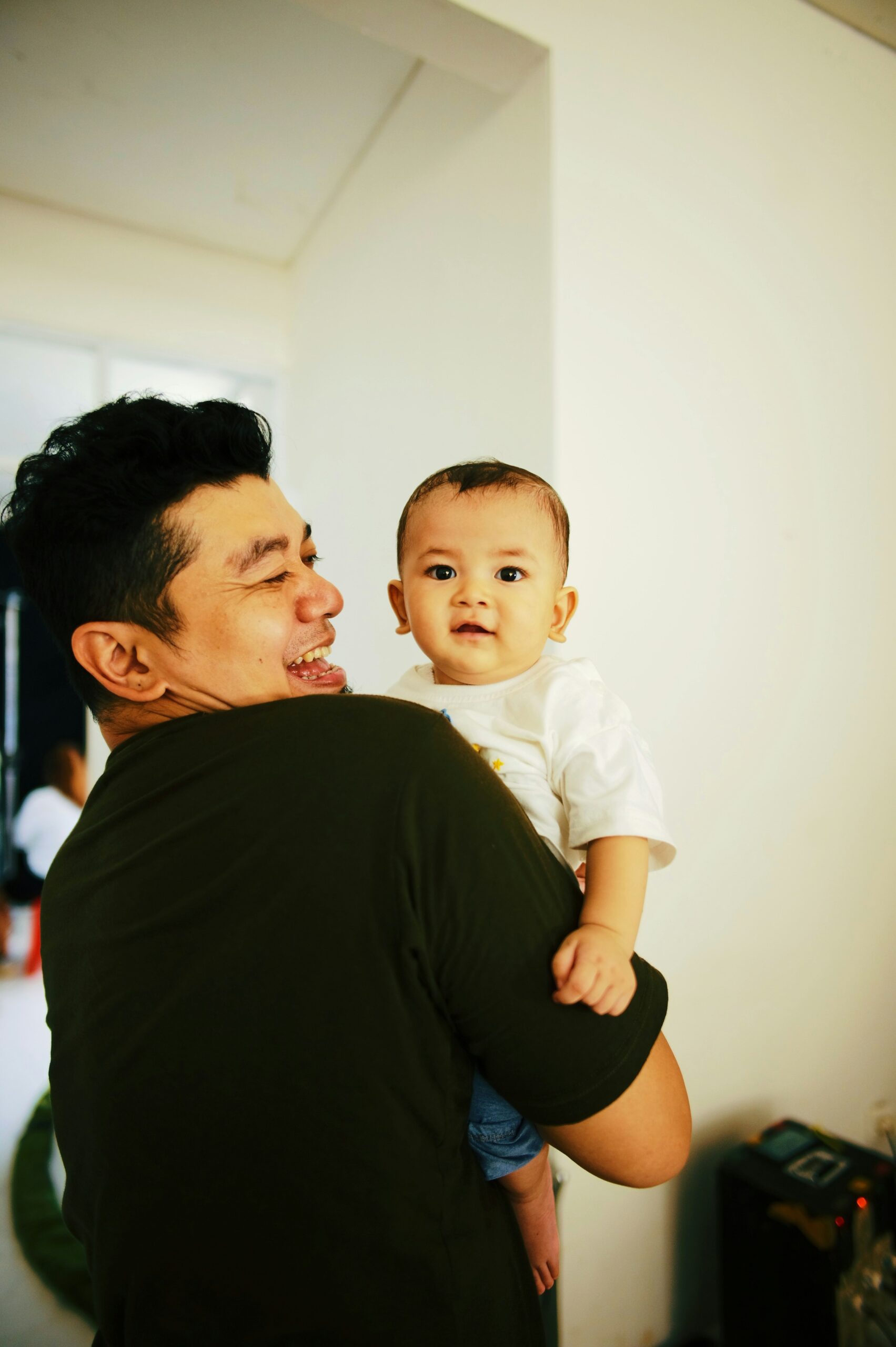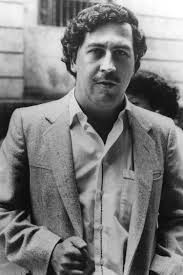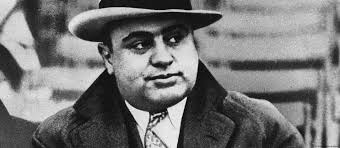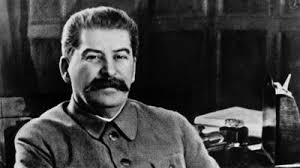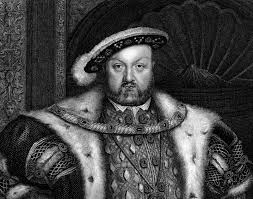Online Divorce Options in Florida for Same-Sex Couples

Online Divorce Options in Florida for Same-Sex Couples
Going through a divorce is a challenging time for any couple, and even more so for same-sex couples dealing with the complexities of legal procedures. If you are a same-sex couple in Florida considering divorce, there are online options available to make the process smoother and more manageable. Baldwin & Baldwin offers online divorce services tailored to the unique needs of same-sex couples. Baldwin & Baldwin can provide the guidance and support you need during this difficult time.
Understanding Online Divorce Options
Online divorce services in Florida cater to the modern needs of couples seeking an amicable and cost-effective separation. These services can help streamline the legal process, provide necessary forms and guidance, and offer support throughout the proceedings. Same-sex couples can benefit greatly from these specialized online services, ensuring that their rights and needs are protected.
The Benefits of Online Divorce for Same-Sex Couples
For same-sex couples, online divorce options offer a discreet and convenient way to navigate the complexities of family law. These services are designed to be inclusive and supportive of diverse relationships, ensuring that all parties involved receive fair treatment and access to legal resources.
Why Choose Baldwin & Baldwin for Your Online Divorce Needs
Baldwin & Baldwin understands the unique challenges faced by same-sex couples going through a divorce. With their expertise in family law and online services, they can provide the guidance and assistance you need to navigate the legal system with confidence. Their commitment to inclusivity and respect makes them a top choice for same-sex couples seeking a smooth and efficient divorce process.
If you are a same-sex couple in Florida considering divorce, explore the online options available to you and choose a service that caters to your specific needs. With the right support and guidance, you can successfully navigate the complexities of divorce and move forward with confidence.
For more information on online divorce options for same-sex couples in Florida, visit Baldwin & Baldwin today.
Divorced Dad Blog © 2025. All rights reserved.




















